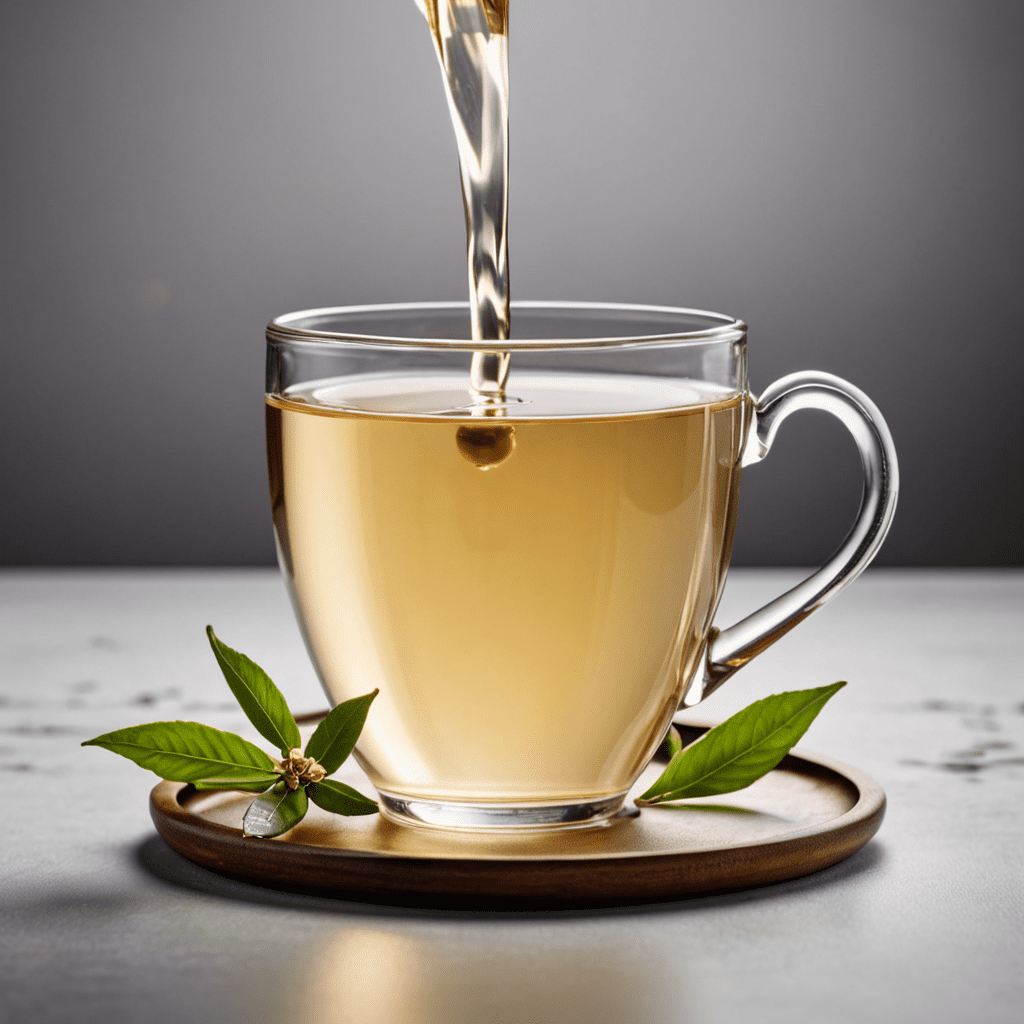Boost Your Metabolism with Tea: Benefits, Types, and Tips
Tea has been enjoyed for centuries, not only for its delightful flavors but also for its various health benefits. One such benefit is its potential to boost metabolism. If you’re looking for a natural and enjoyable way to increase your metabolism, tea might just be the answer. In this article, we will explore the key elements of tea and metabolism, offer practical tips for incorporating tea into your daily routine, and address frequently asked questions about this fascinating topic.
Key Elements
Element 1: Catechins
Tea, especially green tea, contains a group of antioxidants called catechins. These powerful compounds have been found to aid in weight loss and boost metabolism. Catechins work by increasing the body’s thermogenesis, which is the process of producing heat and burning calories. By incorporating tea into your routine, you can harness the metabolism-boosting effects of catechins.
Element 2: Caffeine
Another important element of tea that impacts metabolism is caffeine. While it is present in varying amounts depending on the type of tea, caffeine can stimulate the central nervous system, increase energy expenditure, and enhance fat oxidation. This means that by consuming tea with caffeine, you can potentially burn more calories and improve your metabolic rate.
Element 3: Herbal Infusions
While green and black tea are often associated with metabolism-boosting properties, herbal infusions can also play a role. Certain herbs like ginger, peppermint, and cinnamon have been linked to increased metabolism and improved digestion. Incorporating these herbal infusions into your tea routine can provide both flavor and potential metabolic benefits.
Tips for Tea and Metabolism
- Choose Green Tea: Green tea is rich in catechins and offers a milder caffeine boost compared to black tea. Make green tea a regular part of your routine for maximum metabolism-boosting benefits.
- Experiment with Herbal Blends: Apart from traditional tea varieties, explore herbal blends that contain metabolism-boosting ingredients like ginger, peppermint, or cinnamon. These blends not only taste delicious but also have potential metabolic benefits.
- Stay Hydrated: Drinking tea can help you stay hydrated, which is essential for maintaining a healthy metabolism. Aim to consume at least 8 cups of tea or water throughout the day to support your body’s natural processes.
Avoid Excessive Sugar: To optimize the metabolic benefits of tea, it’s important to avoid adding excessive sugar or sweeteners. Instead, explore natural sweeteners like honey or stevia, or enjoy your tea without any additives.
Incorporating Tea and Metabolism
Start Your Day with Tea: Consider replacing your morning coffee with a cup of green tea or a herbal infusion. This will not only provide a gentle caffeine boost but also kickstart your metabolism for the day.
Sip Throughout the Day: Incorporate tea breaks into your daily routine. Instead of reaching for sugary snacks, brew a cup of tea to satisfy your cravings and boost your metabolism.
Try Iced Tea: During hot summer months, iced tea can be a refreshing and metabolism-boosting alternative to sugary drinks. Experiment with different tea flavors and enjoy a chilled beverage that supports your metabolism.
Consider Tea Supplements: If you’re looking for a convenient way to benefit from tea’s metabolism-boosting effects, consider taking tea supplements in the form of capsules or powders. However, consult with a healthcare professional before adding any new supplements to your routine.
FAQ about Tea and Metabolism
Q: Can I drink any type of tea to boost my metabolism?
A: While green tea is often touted for its metabolism-boosting properties, other types of tea like black, oolong, and white tea can also have similar effects. Experiment with different varieties and find what works best for you.
Q: How many cups of tea should I drink to see a noticeable difference in my metabolism?
A: There is no fixed number as it varies from person to person. However, incorporating 2-4 cups of tea daily may result in gradual metabolic improvements over time.
Q: Can tea alone help me lose weight?
A: Tea can support weight loss efforts by boosting metabolism, but it is not a magic solution. It should be combined with a healthy diet, regular exercise, and other lifestyle factors for optimal results.
Q: Are there any potential side effects of drinking too much tea?
A: While tea is generally safe for consumption, excessive intake of caffeine can lead to side effects like insomnia, increased heart rate, and digestive issues. It’s important to consume tea in moderation and listen to your body’s response.
In conclusion, tea can be a wonderful addition to your routine if you’re looking to boost your metabolism naturally. By choosing the right tea varieties, experimenting with herbal blends, and incorporating tea breaks into your day, you can harness the potential metabolic benefits that tea has to offer. Remember to stay hydrated, avoid excessive sugar, and consult with a healthcare professional if you have any concerns. So, brew a cup of your favorite tea and start enjoying the delightful benefits it can bring to your metabolism and overall well-being.


